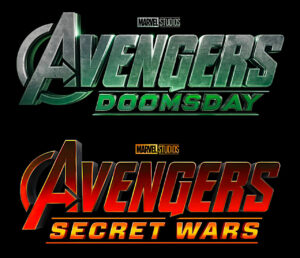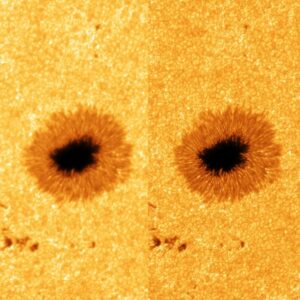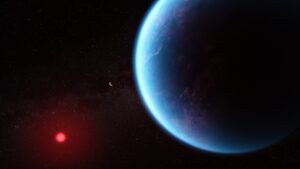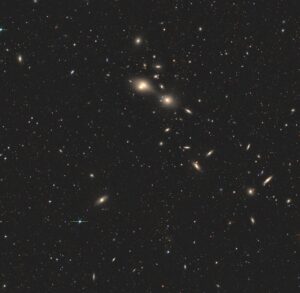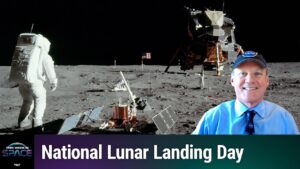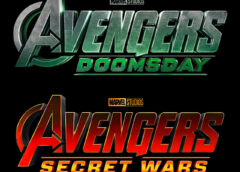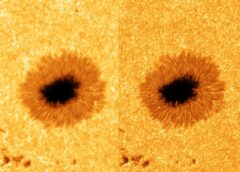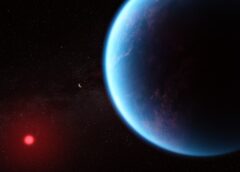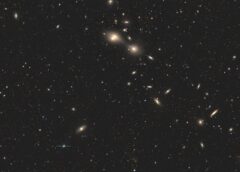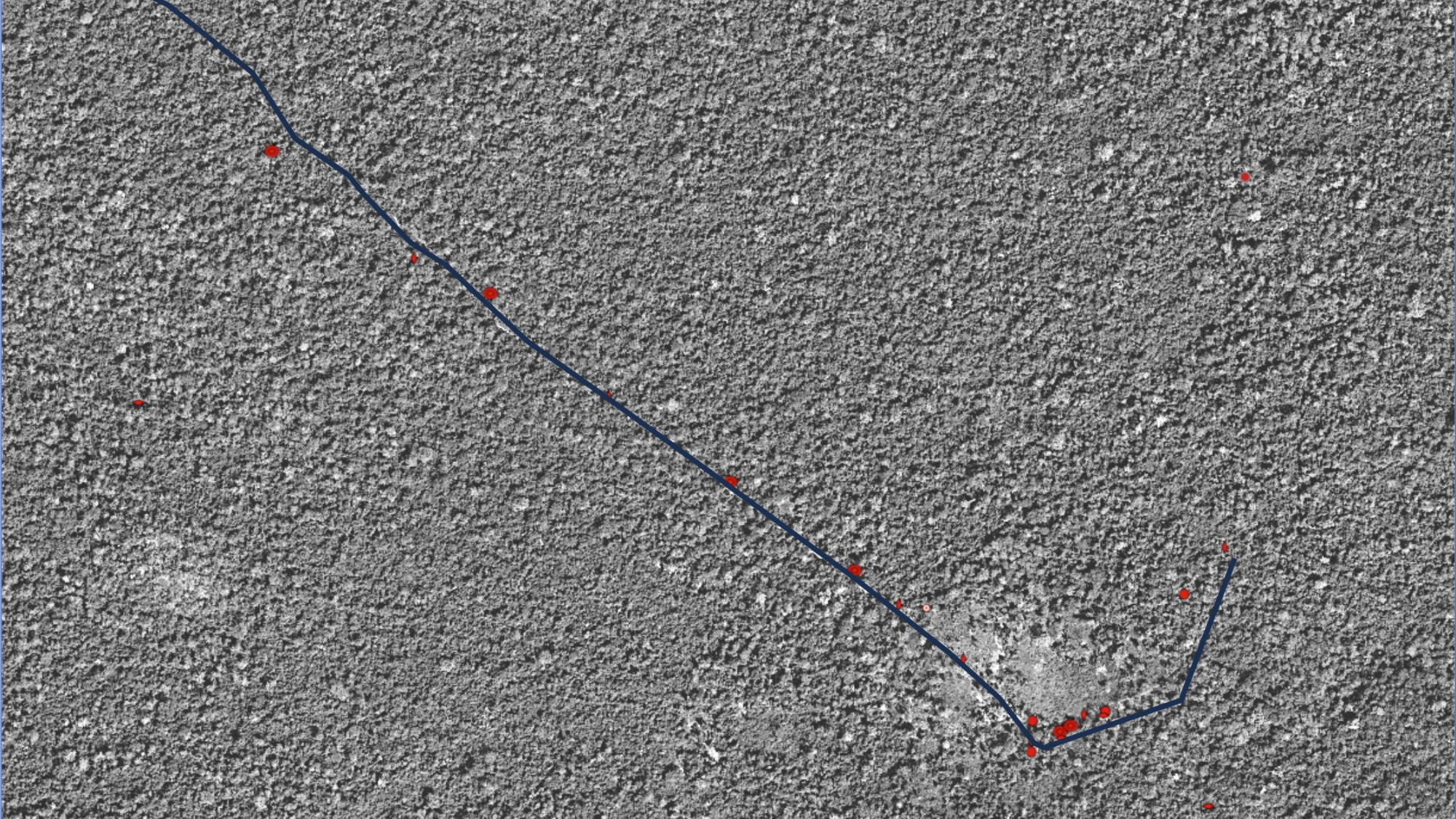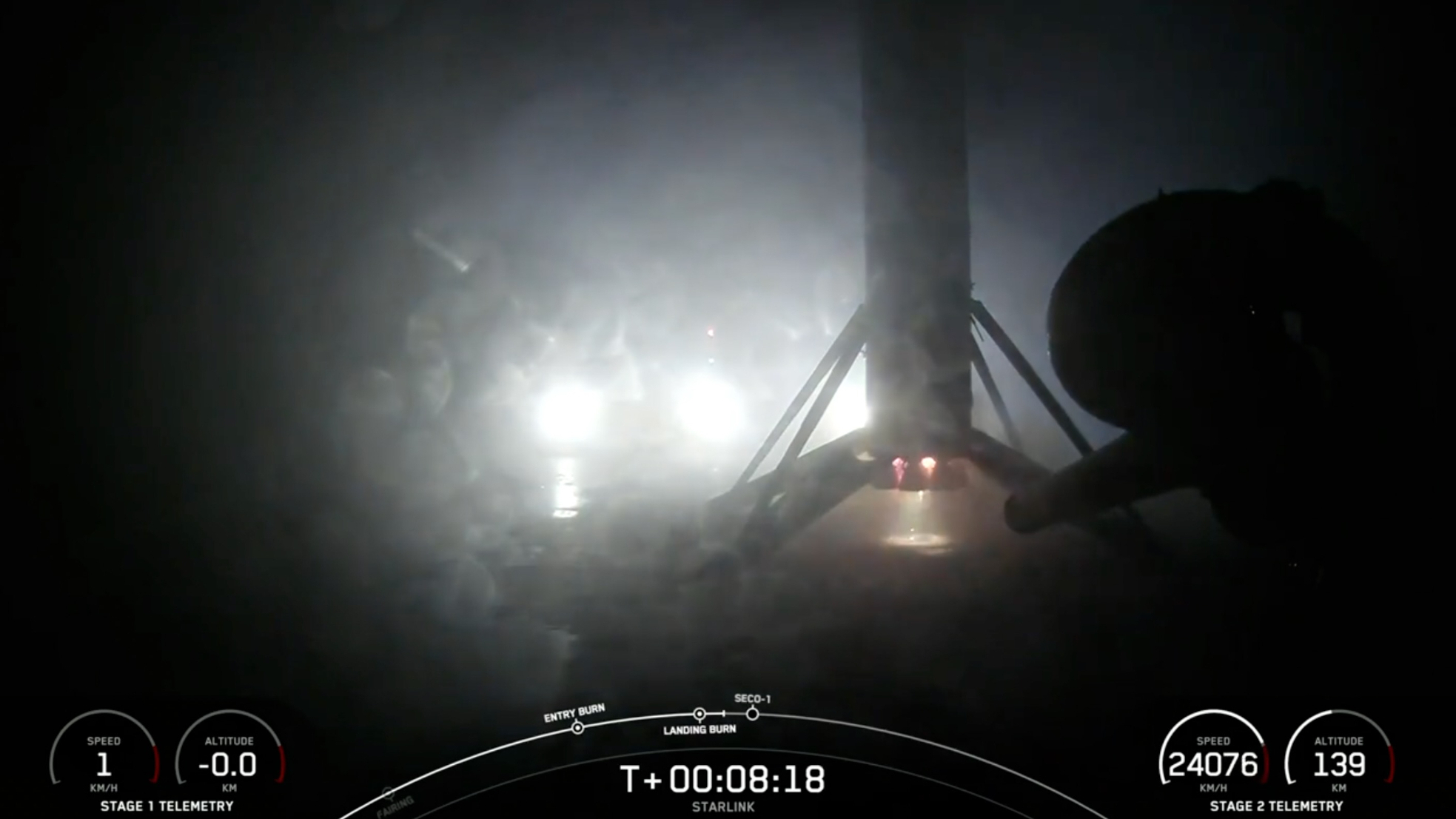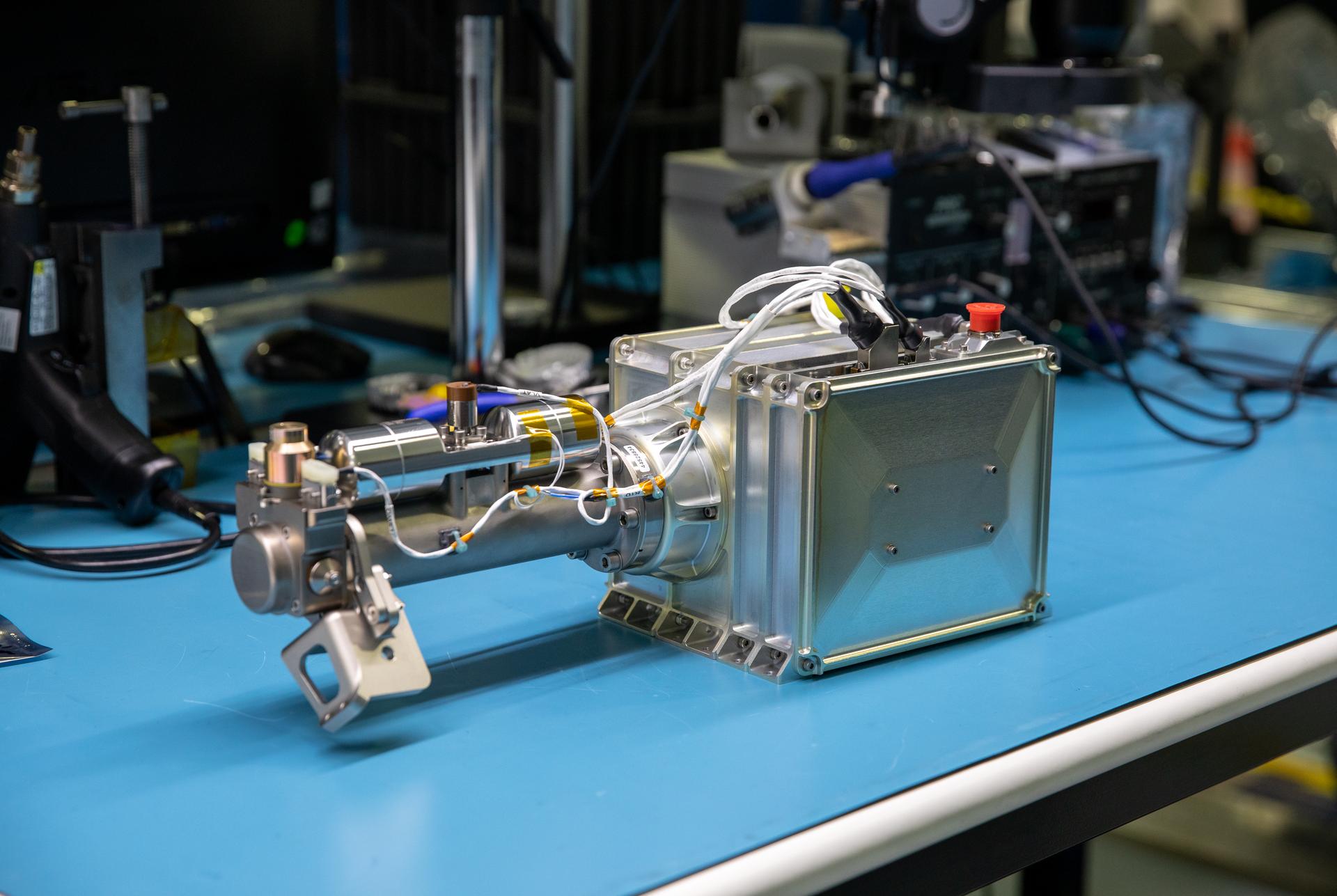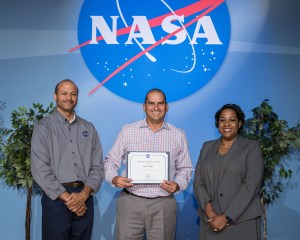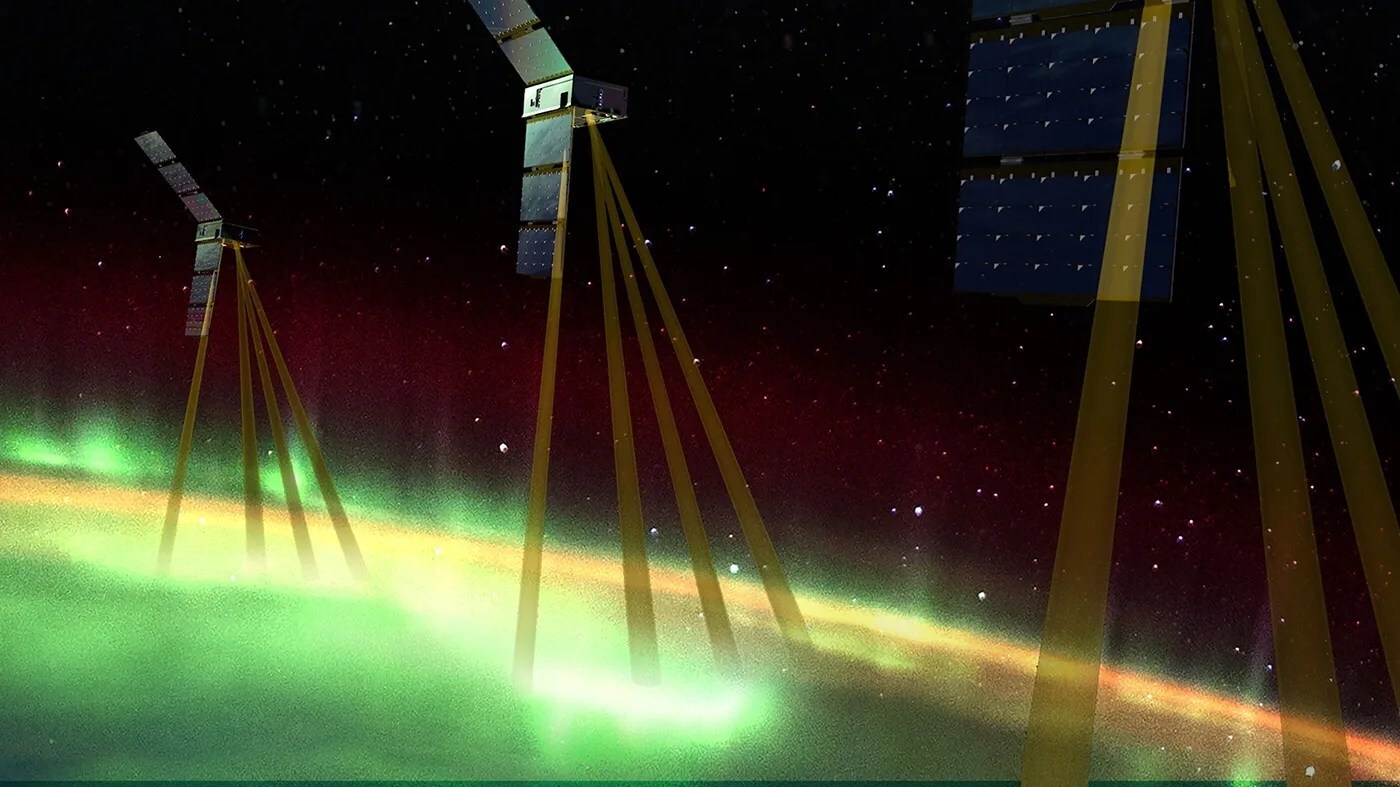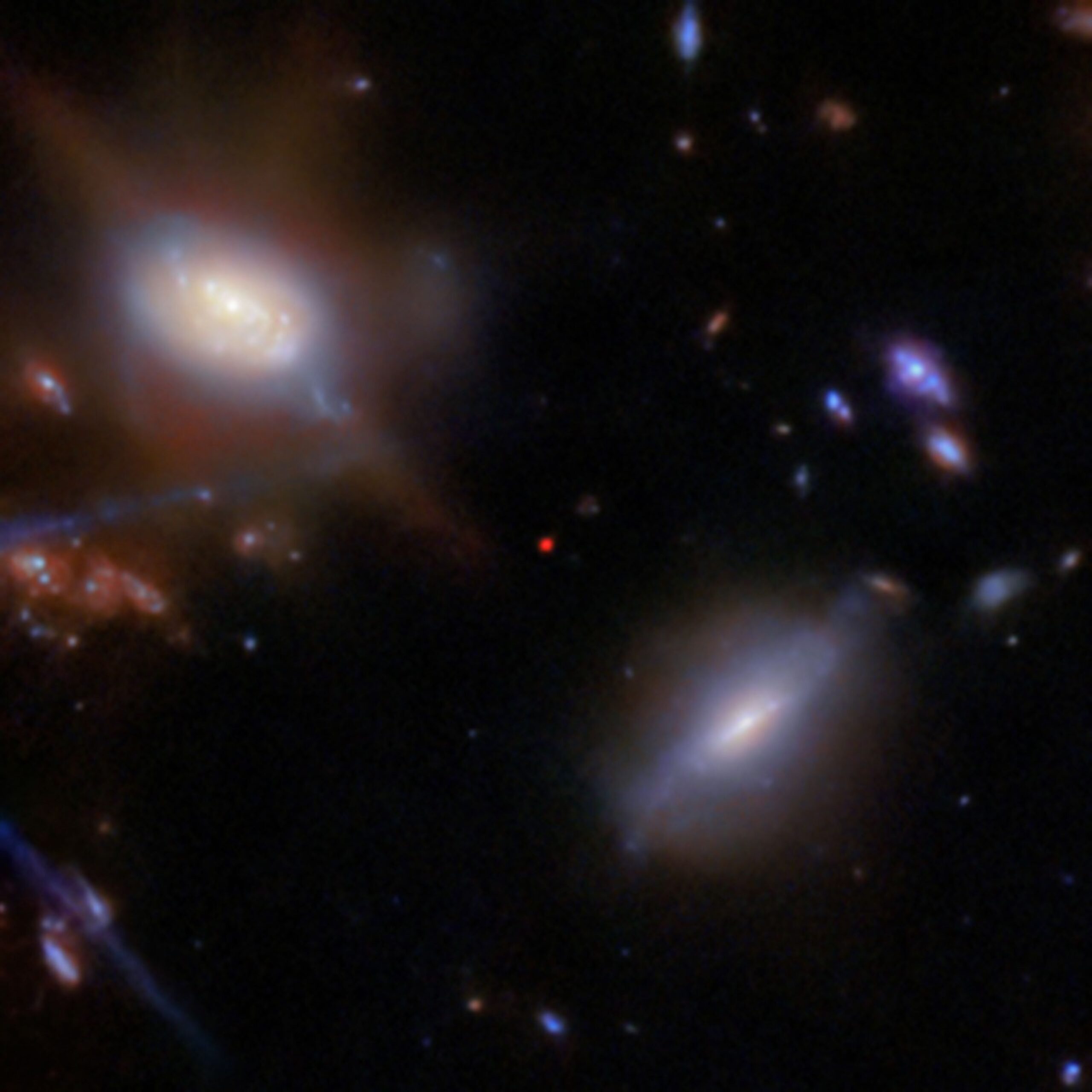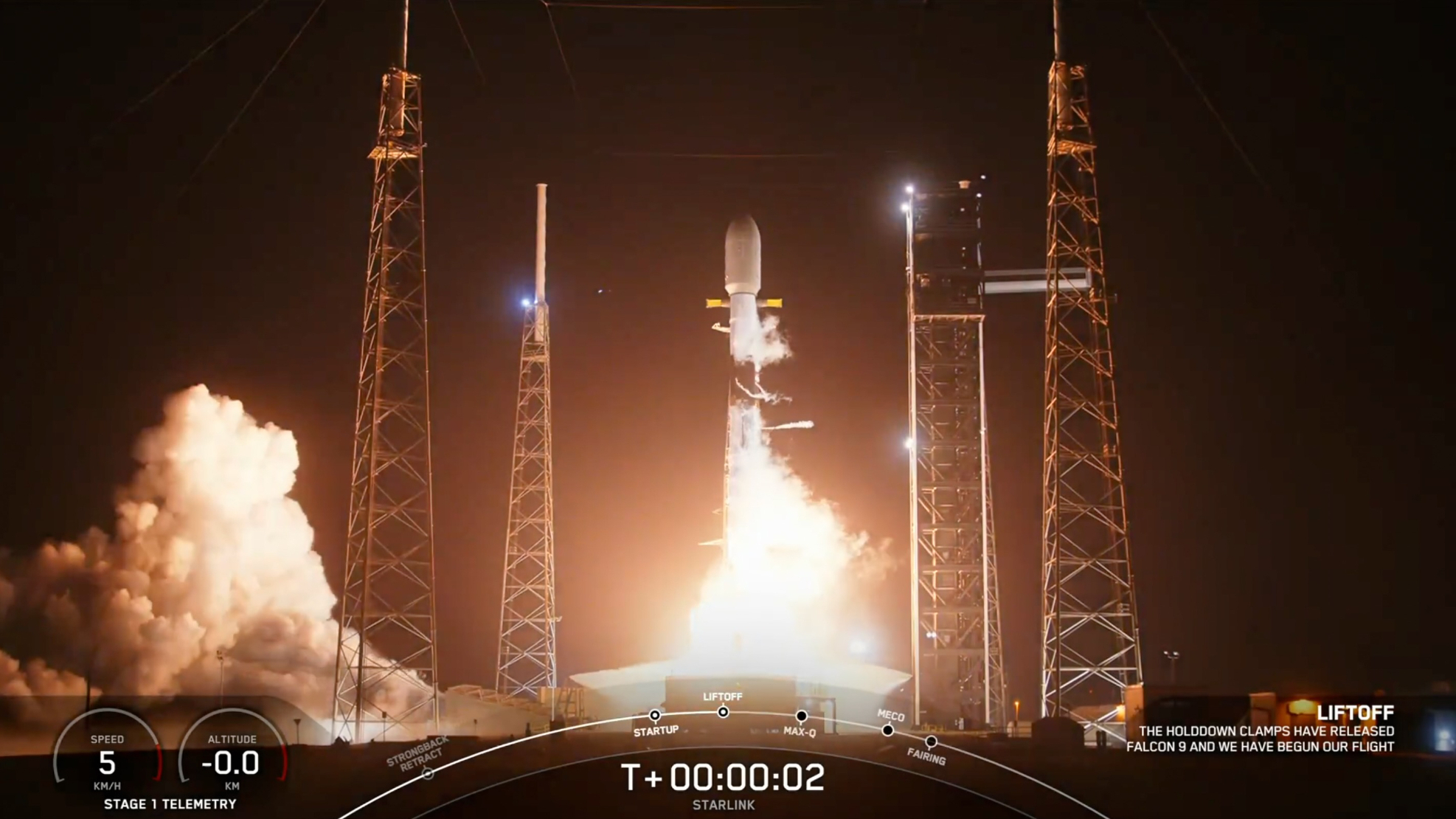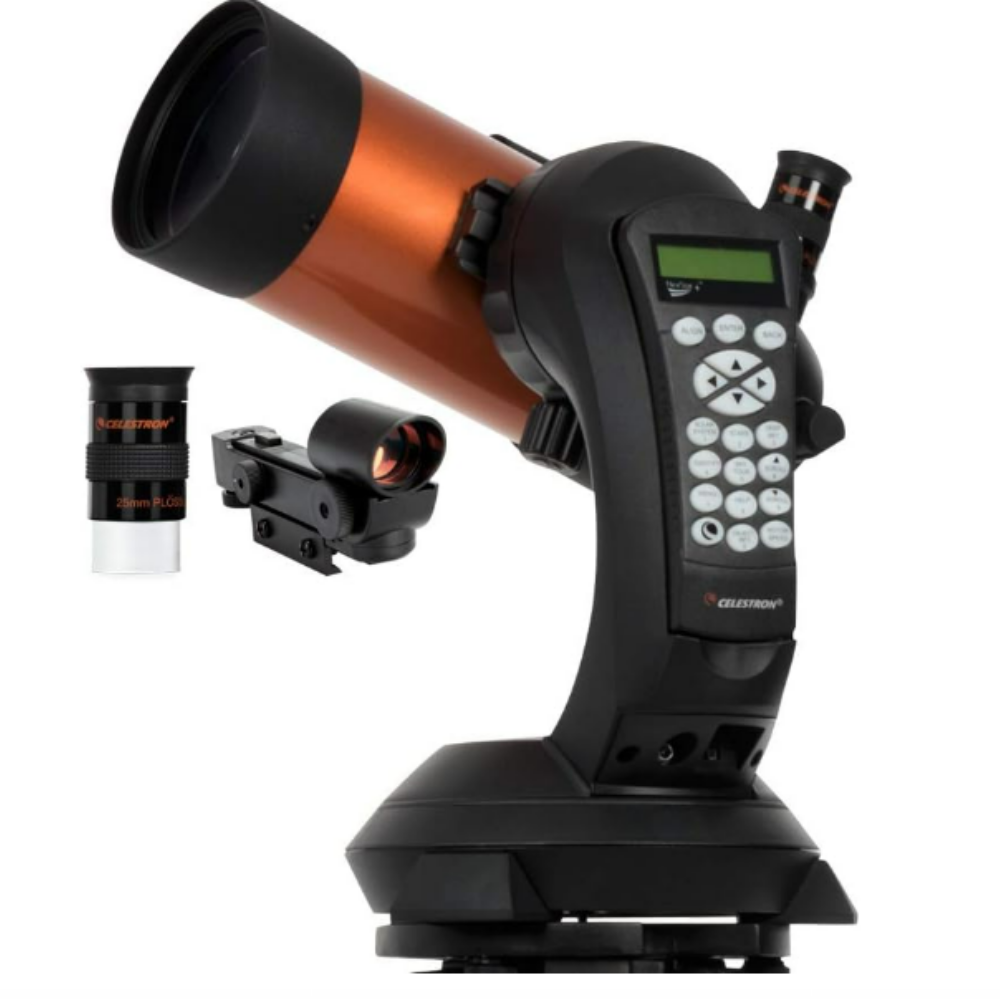Declassified images from U.S. military satellites are helping find forgotten mine fields in Cambodia. From the late 1960s almost until the end of the 1990s, a bloody war between communist groups and democracy defenders raged, with a few short breaks, in the jungles and on the rice fields of Cambodia. The conflict left behind a hidden legacy that keeps increasing the war’s death toll to this day. Over 10 million anti-personnel and anti-vehicle mines and other explosives may have been scattered across Cambodia’s land during the decades of fighting. Over…
Read MoreBrand-new Falcon 9 rocket sends 23 Starlink satellites to orbit on SpaceX’s 2nd launch of the day
SpaceX sent another batch of Starlink satellites to orbit tonight (April 28), its second liftoff of the day. A Falcon 9 rocket carrying 23 Starlink broadband satellites — including 13 with direct-to-cell capability — lifted off from NASA’s Kennedy Space Center in Florida tonight at 10:34 p.m. EDT (0234 GMT on April 29). It was the second Starlink group to fly today; a Falcon 9 lofted 27 of the internet craft from California’s Vandenberg Space Force Base earlier today. You may like The Falcon 9’s first stage rests on the…
Read MoreNASA Moon Observing Instrument to Get Another Shot at Lunar Ops
The Mass Spectrometer Observing Lunar Operations (MSolo) for NASA’s Volatile Investigating Polar Exploration Rover (VIPER) mission is prepared for packing inside a laboratory in the Space Station Processing Facility at NASA’s Kennedy Space Center in Florida on Feb. 21, 2023. MSolo is a commercial off-the-shelf mass spectrometer modified to work in space and it will help analyze the chemical makeup of landing sites on the Moon, as well as study water on the lunar surface. NASA/Kim Shiflett A NASA-developed technology that recently proved its capabilities in the harsh environment of…
Read MoreHow Are We Made of Star Stuff? We Asked a NASA Expert: Episode 58
2 min read Preparations for Next Moonwalk Simulations Underway (and Underwater) How are we made of star stuff? Well, the important thing to understand about this question is that it’s not an analogy, it’s literally true. The elements in our bodies, the elements that make up our bones, the trees we see outside, the other planets in the solar system, other stars in the galaxy. These were all part of stars that existed well before our Sun and Earth and solar system were even formed. The universe existed for billions…
Read MoreSeeing the Cygnus Loop in a New Way
The Cygnus Loop (also known as the Veil Nebula) is a supernova remnant, the remains of the explosive death of a massive star.
Read MoreNewly launched NASA satellites open eyes to start studying ‘auroral electrojets’ in Earth’s atmosphere
The first bits of data have come back from the trio of small satellites that make up NASA’s EZIE (Electrojet Zeeman Imaging Explorer) mission, which aims to solve some mysteries surrounding the “auroral electrojet” phenomena in our atmosphere. The “first light” observations are promising, and NASA says the EZIE satellites are “poised to reveal crucial details about Earth’s auroral electrojets.” After launching March 14 from California’s Vandenberg Space Force Base on SpaceX’s Transporter 13 rideshare mission, EZIE’s three suitcase-sized cubesats now orbit a few hundred miles above Earth in a…
Read MoreScientists use the JWST to study an extremely ancient galaxy piercing through the Cosmic Dark Ages
Astronomers have caught an immensely ancient galaxy piercing the veil of darkness that shrouded the early universe. It’s surprising any light from distant galaxy JADES-GS-Z13-1-LA reached Earth at all. Photons coming from the realm that recently landed on the James Webb Space Telescope‘s mirrors existed when the universe was just 330 million years old — and, at that point in its adolescence, the universe was foggy and dim. A dense haze of gas suffused the space between stars, and even between galaxies, absorbing starlight and muffling the whole universe in…
Read MoreSpaceX launches 250th Starlink satellite mission, lands rocket at sea (photos)
SpaceX launched a milestone mission on Sunday night (April 27). A Falcon 9 rocket carrying 23 of the company’s Starlink broadband satellites — including 13 with direct-to-cell capability — lifted off from Florida’s Cape Canaveral Space Force Station on Sunday at 10:09 p.m. EDT (0209 GMT on Monday, April 28). It was the 250th time SpaceX had sent a batch of Starlink craft skyward, the company noted via X shortly after launch. You may like A screenshot of the Falcon 9 lifting off on April 27, 2025. (Image credit: SpaceX)…
Read MoreTrump administration cancels lease for NASA’s Goddard Institute for Space Studies lab in New York City
It would appear that the latest wave of U.S. federal program cuts fueled by the Trump administration has affected NASA’s Goddard Institute for Space Studies (GISS) lab in New York City, a branch of the agency dedicated to studying climate change and other Earth sciences. On Friday (April 25), news outlets such as CNN and SpaceNews reported that GISS’s lease on office space in a Columbia University building in Manhattan’s Upper West Side is set to be canceled. According to SpaceNews, an April 24 email sent to Goddard employees and…
Read MoreFaint Neptune joins Venus and Saturn to form a planetary triangle in the pre-dawn sky on April 28
The predawn hours of April 28 will see a planetary triangle form in the night sky, as Venus makes a close approach to Saturn following a conjunction, while Neptune, invisible to the naked eye, will sit just a few degrees away towards the horizon. Saturn and Venus will be below the horizon for viewers in the U.S. when they reach the point of conjunction in the hours before their appearance on the morning of the 28th. A planetary conjunction occurs when two worlds share the same right ascension — a…
Read More